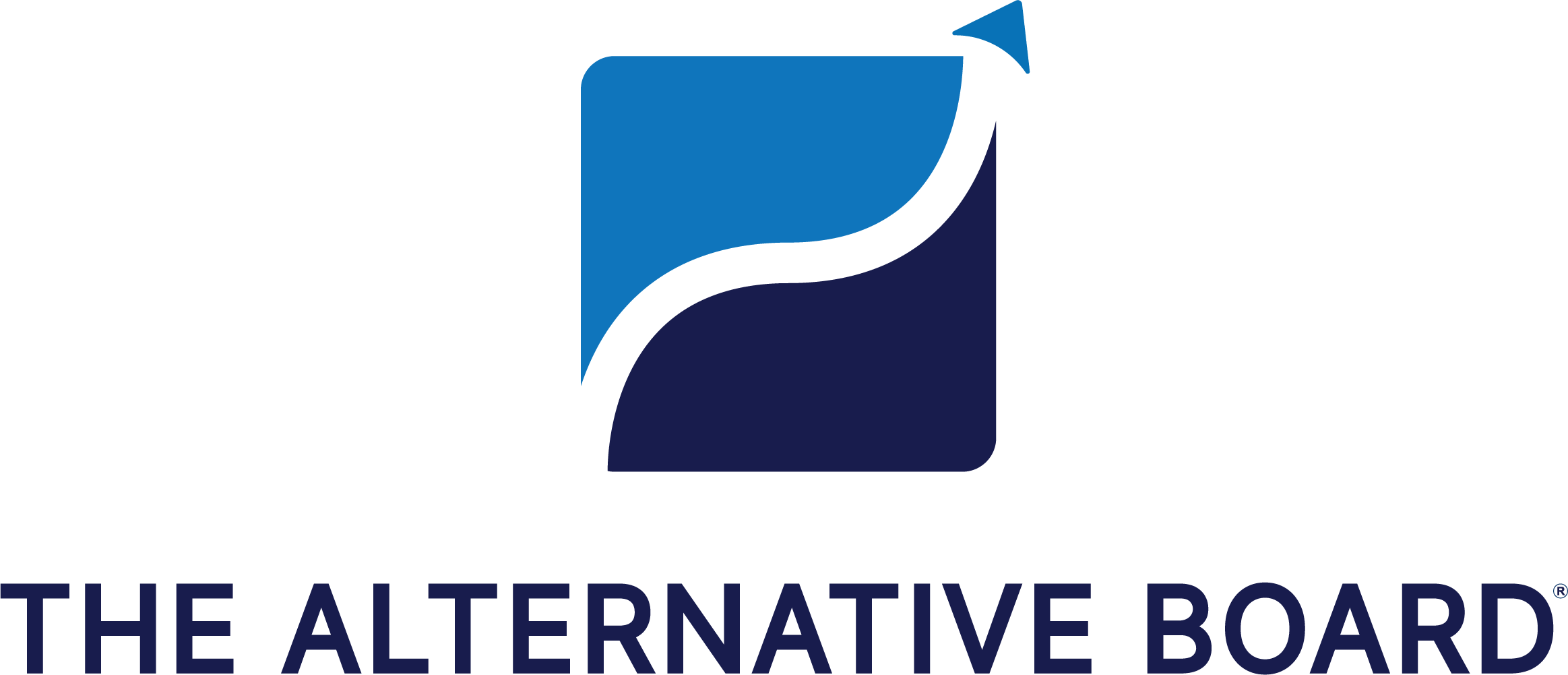Who is your Harvey Nyquist?
Have you ever heard of Harvey Nyquist? Not many people have. In fact, with all the buzz about Apple, Google, and the like, Bell Labs doesn’t even come to mind very often. Bell Labs is probably the single most influential organisation to the information and communications revolution we’ve been benefiting from for over a generation. Apple and Google stand on the shoulders of the Bell Labs giants.
Most people probably don’t even recall names like Claude Shannon and Bill Shockley. Claude Shannon developed the concept of information theory which is the foundation of the communications and computer revolutions. The controversial Bill Shockley and his team invented the transistor and semiconductors which form the technical foundation of digital devises.
Bell Labs was the research and development arm of AT&T from the 1920s through divestiture in the 1980s. Bell Labs included both scientists and engineers. The scientists would come up with a new discovery and the engineers would turn it into a practical application. Bell Labs innovations included such diverse and important endeavours as the transistor, communications satellites, the laser, fiber-optics, and the Unix operating system.
Bell Labs is chronicled in The Idea Factory by John Gertner. This history describes the key individuals, their personal histories, and the discoveries of Bell Labs. It also explains some of the cultural aspects of Bell Labs, such as the building design that supported collaboration, which many contemporary companies have adapted to generate a culture of innovation.
So what does this have to do with Harvey Nyquist? Unlike his colleagues, Nyquist never won a Nobel Prize. He is important in a very different way. One researcher attempted to find what the most successful Bell Labs scientists had in common. He discovered that the most productive individuals, based on the number of patents, had one thing in common: they had breakfast or lunch with Harvey Nyquist.
Nyquist was not particularly creative or successful himself. His skill was that he asked the right questions to draw out other people’s thinking and help them generate their insights.
One of my favourite quotes that I’ve found applicable in business is by Voltaire:
“Judge a man by his questions rather than by his answers.”
Nyquist practised this well.
One other relevant quote from The Idea Factory jumped out at me. Said of Bill Baker, head of the research division, by one of his researchers:
“A small number of times in my life I have been in the presence of someone who didn’t necessarily answer the question I asked but instead answered the question I should have asked.”
My takeaway from this is to be careful not to undervalue someone who doesn’t necessarily stand out and have the best ideas. Some of these individuals may just quietly be making the rest of an organisation a whole lot more successful.


